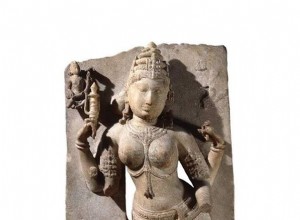On a Facebook post, I was stunned when I saw a Mr. Parmar abusing all Hindus and me by calling himself a native. I was stunned that one of the glorious Kshatriya dynasties of India, the Paramaras (ruled:800 AD to 1305 AD) had born an emperor like the legendary conqueror Vakpati Munj, who conquered t



![[Decree of mercy on living things] Was it a policy to change the value of the weight of life?](/article/uploadfiles/202207/2022072209261005_S.jpg)
